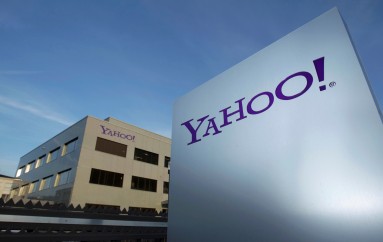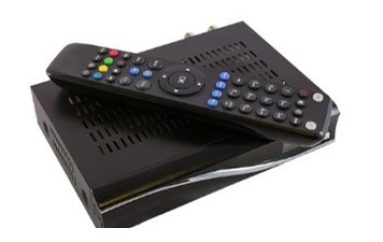
Biz Break: FBI might be benefitting from Apple’s stinginess with hackers
Top Of The Order:
So, That’s Why…: Earlier this week, the court fight between the FBI and Apple was put on hold when the law-enforcement agency said it might not need Apple’s help to get into the iPhone that belonged to one of the shooters in last fall’s terrorist attack in San Bernardino. And reports came out Wednesday saying that the FBI was getting some help from Cellebrite, an Israeli company that specializes in mobile forensic software.
And the fact that the FBI was able to find someone other than Apple to help it comes as little surprise to those in the tech industry, due to Apple’s refusal to pay outside hackers to look for and report flaws in the company’s software. This is in contrast to the practice of many of leading tech companies such as Microsoft, Facebook and Google, who pay what are basically rewards to hackers who find and then turn over software bugs that could put those systems at risk.
Being as secretive as it is about everything that goes on at its Cupertino headquarters, it should be no surprise that Apple doesn’t want to lead hackers on with the promise of bounties for exposing software problems. That would go against Apple’s narrative of controlling the messages it wants to put out when it wants them to get out. Like it did at its company event on Monday.
Middle Innings:
Blink And You Missed It: You have to love the ride that is SolarCity. Or, at least have a strong stomach, if you are one of the solar-panel technology company’s investors.
Between March 1 and March 18, SolarCity’s shares rose 50 percent, to $27.06. And over the last three days, SolarCity has given back more than 17 percent of that, including a loss of almost 10 percent on Wednesday, to close at $22.36 a share. The only major event involving SolarCity of late came Tuesday, when the company closed a new tax equity fund of $131 million to cover the costs of solar equipment and installation for consumers.
Moore’s Law Hits The Brakes: There’s a change coming to Intel, and it’s the sound of tick-tock changing to tick-tock-and tock again.
Intel has historically operated under what is called a “tick-tock” production cycle in which it develops a new chip manufacturing technique in a single product cycle, then upgrades the chips in the next cycle. Hence, the tick-tock process. However, even Intel has had some issues with keeping up with its production cycle, and now it will implement a three-step process called “Process-Architecture-Optimization”. Yeah, it sounds kind of geeky, and the details are included in Intel’s annual report, but the heart of the matter is that it will take a little longer for faster chips to hit the market than we’ve been used to.
Coming Soon…And Leaving, Too: With barely a week left in the month of March, it’s time to look at what shows and movies will be coming to, and disappearing from, Netflix starting April 1. This has almost become a game every month, as Netflix’s subscribers hold their breaths to find out what they need to start bingeing on over the next few days.
So, if you’re a fan of Stanley Kubrick, well, “2001: A Space Odyssey” and “A Clockwork Orange” will be streaming on Netflix a week from Friday. If you still haven’t gotten around to watching “Flashdance” or “Charlie’s Angels: Full Throttle” (and let’s be honest, who doesn’twant to miss out on that), it’s time to hunker down and knock those out before they vanish from your queue.
Source | SiliconBeat





